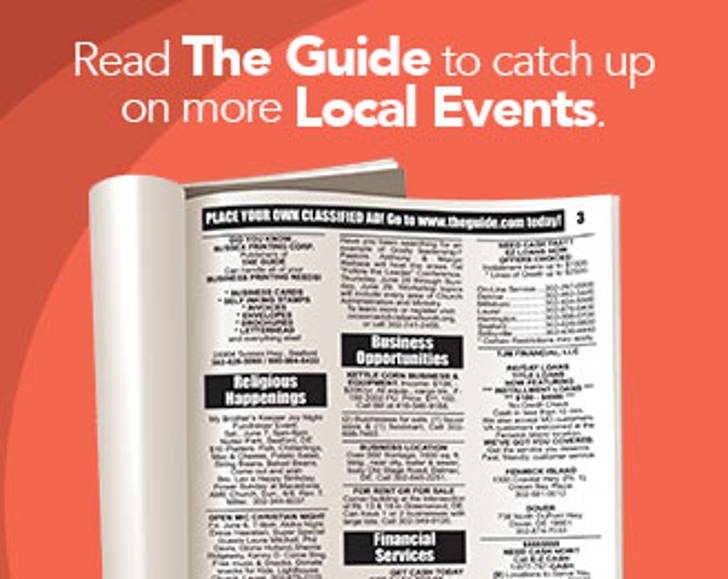Spring…time for warmer weather, colorful flowers in bloom, and allergies. Allergies can make you miserable and unable to enjoy all of the beauty spring has to offer. Fortunately, there are a lot of simple ways in which you can alleviate your symptoms and better enjoy the spring season.
Local Honey. If you haven’t heard, local honey is the bee's knees when it comes to relieving the symptoms of seasonal allergies. Eating honey that is locally sourced immunizes your body to the pollen that is causing your allergies. Honey can also help soothe your cough and itchy throat. Local honey can be found at produce stands, farmers markets, or even by researching and contacting your nearest apiary.
Vitamin C. A lack of Vitamin C increases the levels of histamine in your body, the chemical responsible for allergy symptoms. Therefore, it is important to get lots of Vitamin C in your diet during allergy season, particularly when you start to feel your symptoms flare up. The best way to get vitamins is via the foods you eat, so eat lots of peppers, kale, broccoli, berries, and citrus fruits.
Skip the Wine. Alcohol can aggravate symptoms of seasonal allergies, so it is best to cut back or avoid alcoholic beverages altogether when your allergies flare up. Alcohol contributes to runny noses and dehydration, which is the last thing you need when your allergies are already aggravating you. Switch out your alcoholic beverage for water or tea.
Drink Tea. Tea works wonders for seasonal allergies. The steam from the tea can soothe sore nasal passages and make it easier to breathe. Many teas have properties that are very beneficial to allergy sufferers. Peppermint tea, for instance, is wonderful for allergy relief because the herb is a natural decongestant. Other teas that help alleviate allergy symptoms include: rooibos, licorice root, eucalyptus, ginger, lemon, and rose hip.
Spices. Clear your nasal passages by spicing up your diet. Spices such as cayenne pepper, ginger, curry, garlic, and horseradish help break up nasal congestion and allow you to breathe better. Try making a simple stir-fry or soup incorporating some of these spices.
Air Filters. Use HEPA filters to help clean the air in your home. Pollen can be tracked indoors on shoes, clothes, and by pets. For this reason, it is important to use high-efficiency filters in your AC/heating system and vacuum to purify the air of allergy-triggering particles. Don’t forget the air filters in your vehicle as well.
De-Stress. Stress takes a toll on your physical and mental well-being. So it should come as no surprise that excess stress can also aggravate allergy symptoms. Make an effort to reduce your stress levels by getting enough sleep, eating well, and exercise. There are even yoga poses that can help assist in alleviating allergy symptoms.






